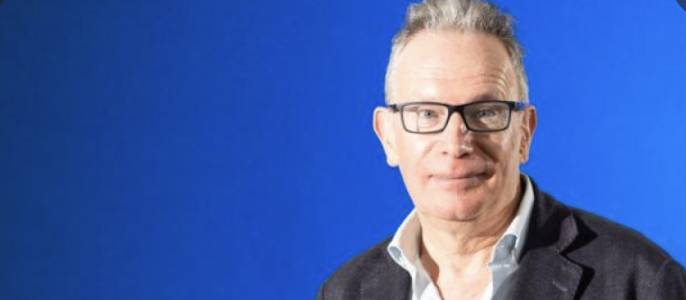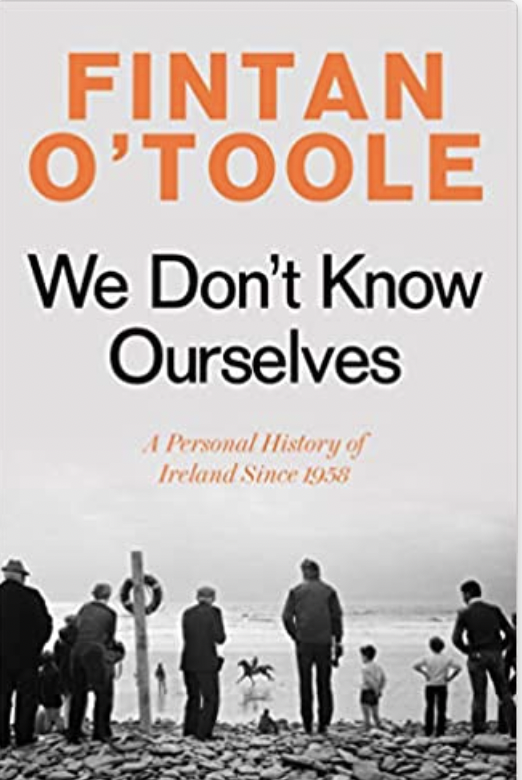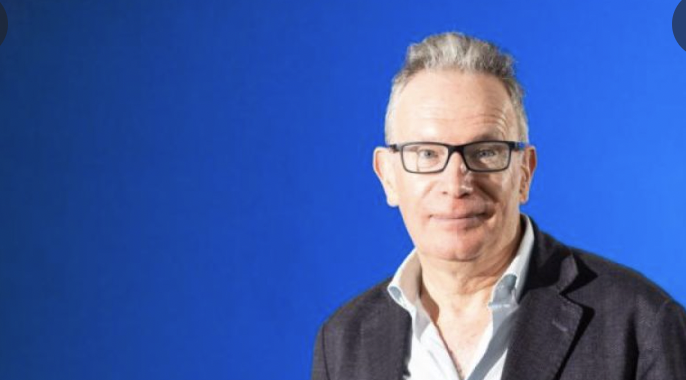
Ireland had to face the things it never wanted to acknowledge


Irish writer and journalist, Fintan O’Toole gives an insightful, interweaving and fascinating story of the upheavals of Irish history from 1958 to the present, as Ireland has changed almost out of recognition during those decades. He also maps his country’s “dilemma of modernity”: How to achieve economic transformation while maintaining the country’s distinctive culture, by gaining the world without losing your Irish soul.
In the 1950s and 1960s, many had a great fear when Ireland realised something must be done yet they were worried about consequences. As the country appeared in great peril, the safety valve of emigration have long siphoned off the malcontents and those without prospects.
But there were concerns that the “vanishing Irish” would emigrate themselves into oblivious. The economy, dominated by raw agricultural exports, was in a state of suspended development.
The connectivity of modernisation – EEC membership, television, social liberalisation – brought seismic waves to Ireland’s shores.
Fintan O’Toole reveals, even before the 1950s, Irish politics and society, could only function through widespread cognitive dissonance.
The disintegration o the old alliance of Catholic church and state, compartmentalisation, lies and hypocrisy is mapped in a series of episodes. The cruelty and corruption hidden in plain sight. This was an era of Eamon de Valera, Jack Lynch, Charles Haughey and John Charles McQuaid of sectarian civil war in the North and the Pope’s triumphant visit in 1979, and also of those who began to speak out against the ruling consensus – feminists, advocates for the rights of children, gay men and women coming out of the shadows.
O’Toole’s sober anger while describing child abuse at every level of the state and educational system, the punishment of women as sexual beings, the IRA’s psychological ability to portray themselves as victims of a conflict in which they were the worst perpetrators and the sheer arrogance of the church’s power.
It was common knowledge that there was a megalith of cruelty entombed in the industrial schools, Magdalene laundries and mother and baby homes. Everyone knew there were priests who abused children and by 1980s everyone knew of corrupt politicians. Everyone also knew a woman had gone to England to have an abortion, even if they did not know they knew her. Everyone knew someone who was gay and Celtic Tiger was unsustainable.
Ireland had to face the things it never wanted to acknowledge.
The reversals of 1980s – a resurgent religious conservation, economic downturn, a new post hunger strike phase of conflict in Northern Ireland. The certainties of Irish nationalism, the protectionist of economic impulses, the exporting of people, the extraordinary place of the Catholic church, all these overturned by Celtic Tiger years.
O’Toole serving altar boy to the imperious and omnipotent John Charles McQuaid, Archbishop of Dublin, a chance meeting with the composer Sein O’Riada, whose Cor Cuil Aodha choir revolutionised Irish music.
One uncle served as UN peacekeeper in the Congo, while his neighbours on Crumlin housing estate of his childhood included Phil Lynott, Thin Lizzy frontman, and Larry Dunne, a saviour of Industrial schools and a drug dealer who brought heroine into 1970s Dublin.
Soon-to-be disgraced Bishop Eamonn Casey drove at 120mph in his Lancia sports car. He’s the audience at Eurovision 1994, when Riverdance suggested Ireland had achieved economic modernisation and maintained its distinctive culture.
Shifting stock at Dunnes Stores alongside the Boss’s son, Ben Dunne, whose cocaine fuelled meltdown in Florida in 1992 began the crumbling of the financial house of cards for Ireland’s most controversial Taolseach, Charles Haughey.
The quiet heroes are the Irish people who O’Toole shows to have been far ahead of their leaders.
In 1980s and 1990s encapsulated by a Byzantine story of beef exports to Saddam Hussein’s Baghdad that brought a government for reasons nobody seems to understand.
We Don’t Know Ourselves: A Personal History of Ireland Since 1958 by Finton O’Toole, Head of Zeus £9.99, 624 pages.
